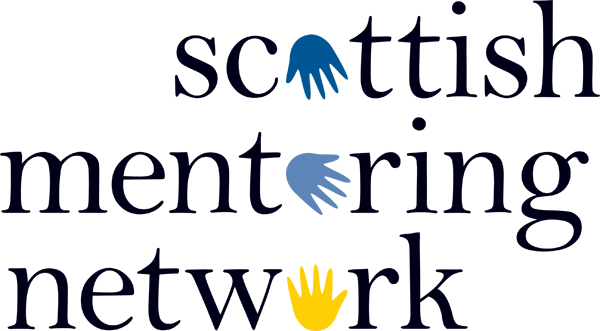Strategy
Our strategic aims for 2020-23 are to: • increase the quality, reach and profile of mentoring across Scotland • demonstrate and communicate the impact of mentoring across Scotland and beyond • exert leadership on policy and practice at both national and local levels
Our strategic aims for 2020-23 are to:
- increase the quality, reach and profile of mentoring across Scotland
- demonstrate and communicate the impact of mentoring across Scotland and beyond
- exert leadership on policy and practice at both national and local levels
In line with these three broad strategic aims, we have refreshed and refocussed our strategic objectives for the final year of the 2020-23 Strategic Plan, as follows:
- To support the development of a sustainable resource foundation for SMN’s core activities by reframing our planning framework to provide clarity over short-term (one year), medium-term (three years) and long term (ten years) goals;
- To promote SMN in order to raise our profile and increase our influence with key funders and stakeholders, in line with our communication and engagement strategy;
- To continue to deliver and evaluate excellent services for members and potential members;
- To develop a strong and confident message about what constitutes effective mentoring, as enshrined in our Good Practice Guidance and Quality Standards.
We are continuing to work strategically with partners and member organisations to help improve outcomes for a wide range of service users. Our current funding has sustained collaboration with Inspiring Scotland and YMCA Scotland. This has resulted in SMN leading a successful funding bid to the Scottish Government’s The Promise Fund for a project which will identify the gaps in mentoring availability for care experienced young people.
.
Our current funding has enabled SMN to develop our services that support projects to develop mentoring programmes. Our new wrap around service has all of the features of a successful project development partnership. We have worked in collaboration with the following users of this service: The Robertson Trust; Children 1st; Cloch Housing Association (for apprentices); Didasko Education; Positive Changes (Scotland); SCAPP; Scottish Refugee Council; NHS Health Improvement Service (HMP Barlinnie).
In previous years, SMN’s partnership working has included:
- Supporting the six Public Social Partnerships (PSPs) funded by the Reducing Reoffending Change Fund (RRCF), a joint initiative by the Scottish Government Justice Department and the Robertson Trust to reduce reoffending amongst all women offenders and persistent young male offenders. The independent evaluation of the RRCF published in February 2016 concluded “that mentoring is an effective approach which helps mentees to learn and implement constructive, non-criminal ways of addressing problems in their lives and to reduce risk factors associated with offending behaviour, and that there is a strong case for the continuation and expansion of mentoring services.”
- Working with the Life Changes Trust to support its pilot peer mentoring programme, launched on 1st April 2015, with the specific aim of improving outcomes for care experienced young people transitioning from care.
- Supporting the Scottish Government to set up a long term National Mentoring Scheme for young people who are looked after at home. We are continuing to support Inspiring Scotland as it delivers its intandem mentoring programme which provides mentors for young people aged between 8 and 14 years who are looked after by their local authority but living at home. You can find out more about the intandem partner charities at SMN’s Mentoring Map.
The core strength of SMN lies in the breadth and depth of experience of its member organisations. We will always seek to use this extensive pool of knowledge through the development and promotion of opportunities at local, thematic and national level to share good practice.



